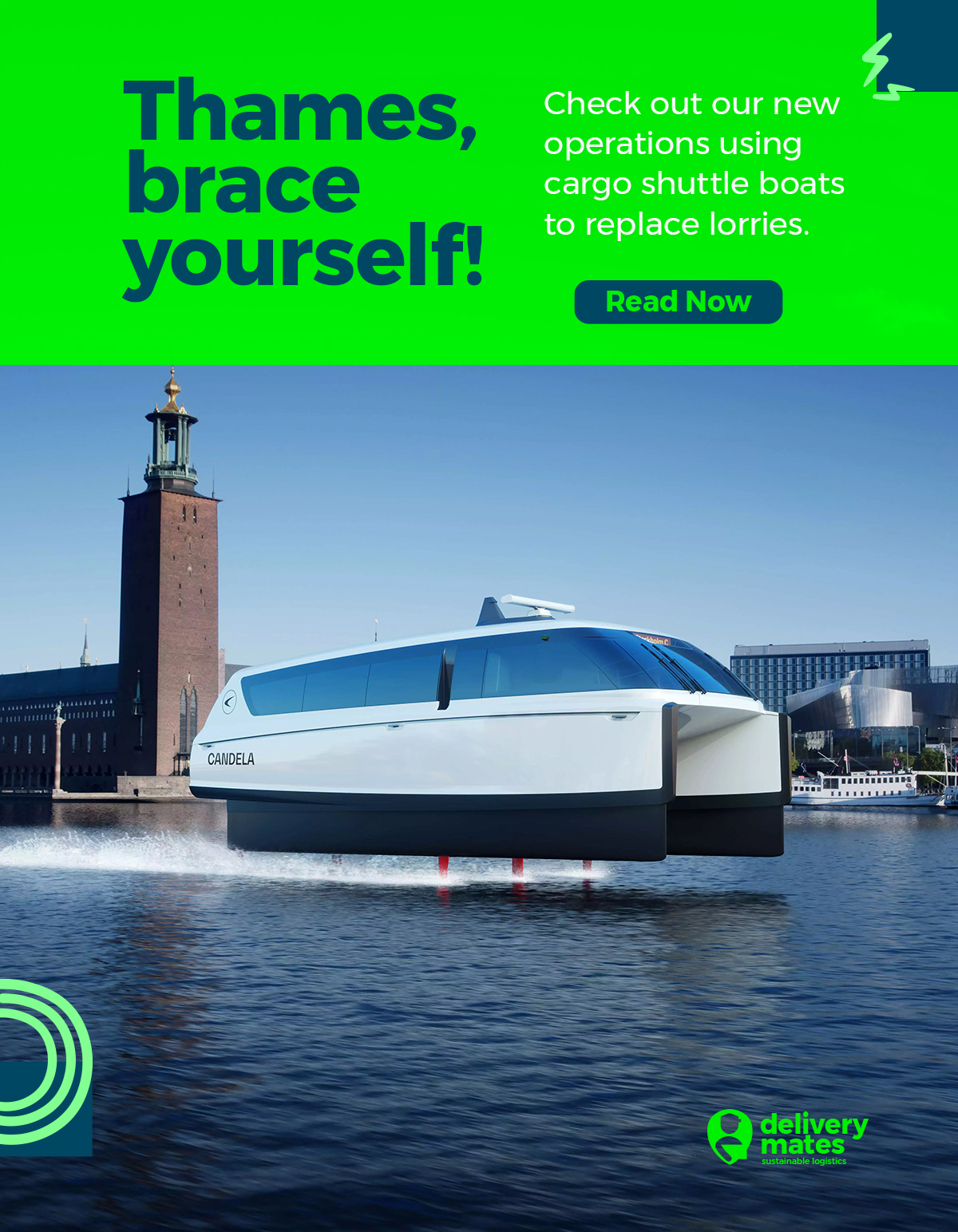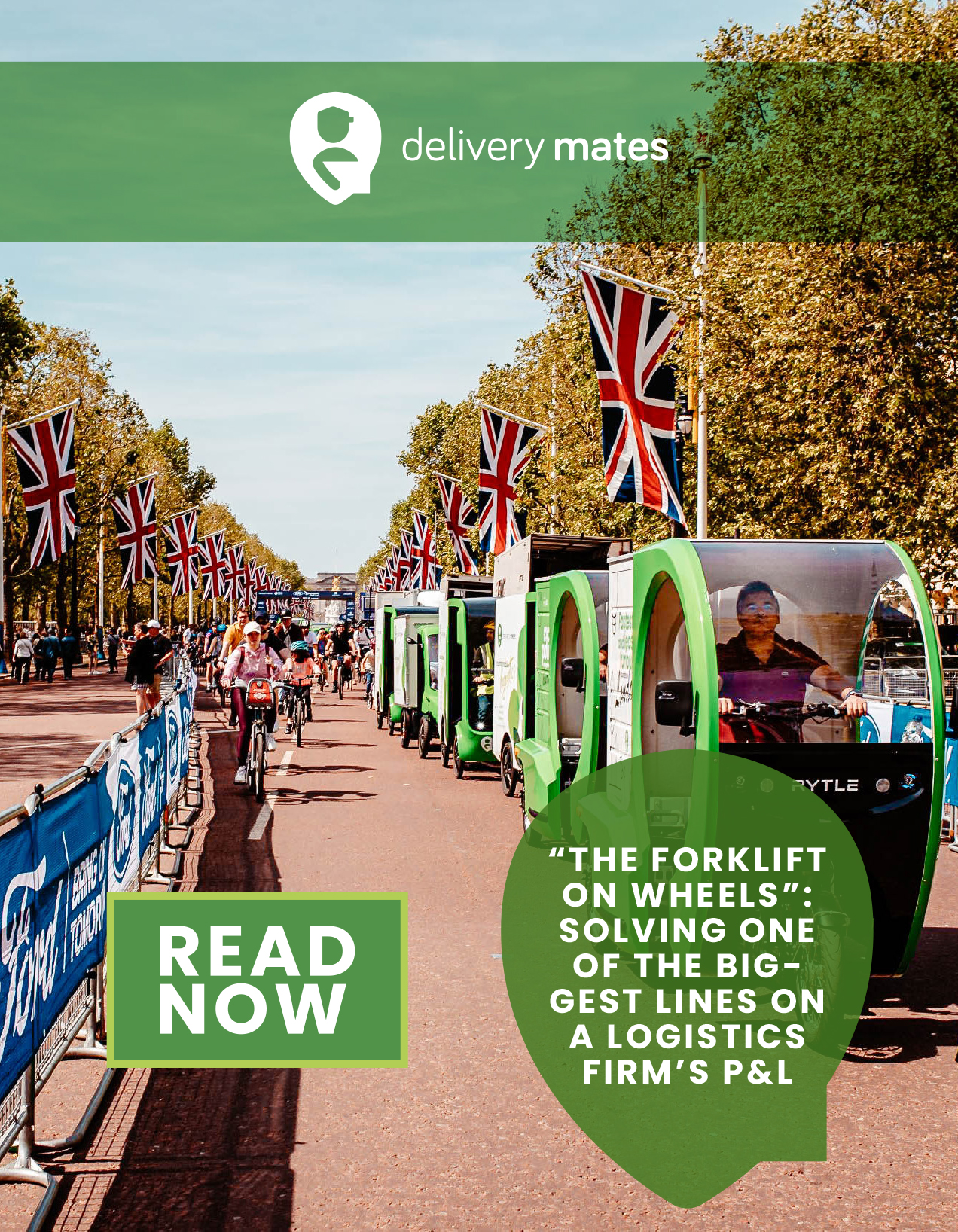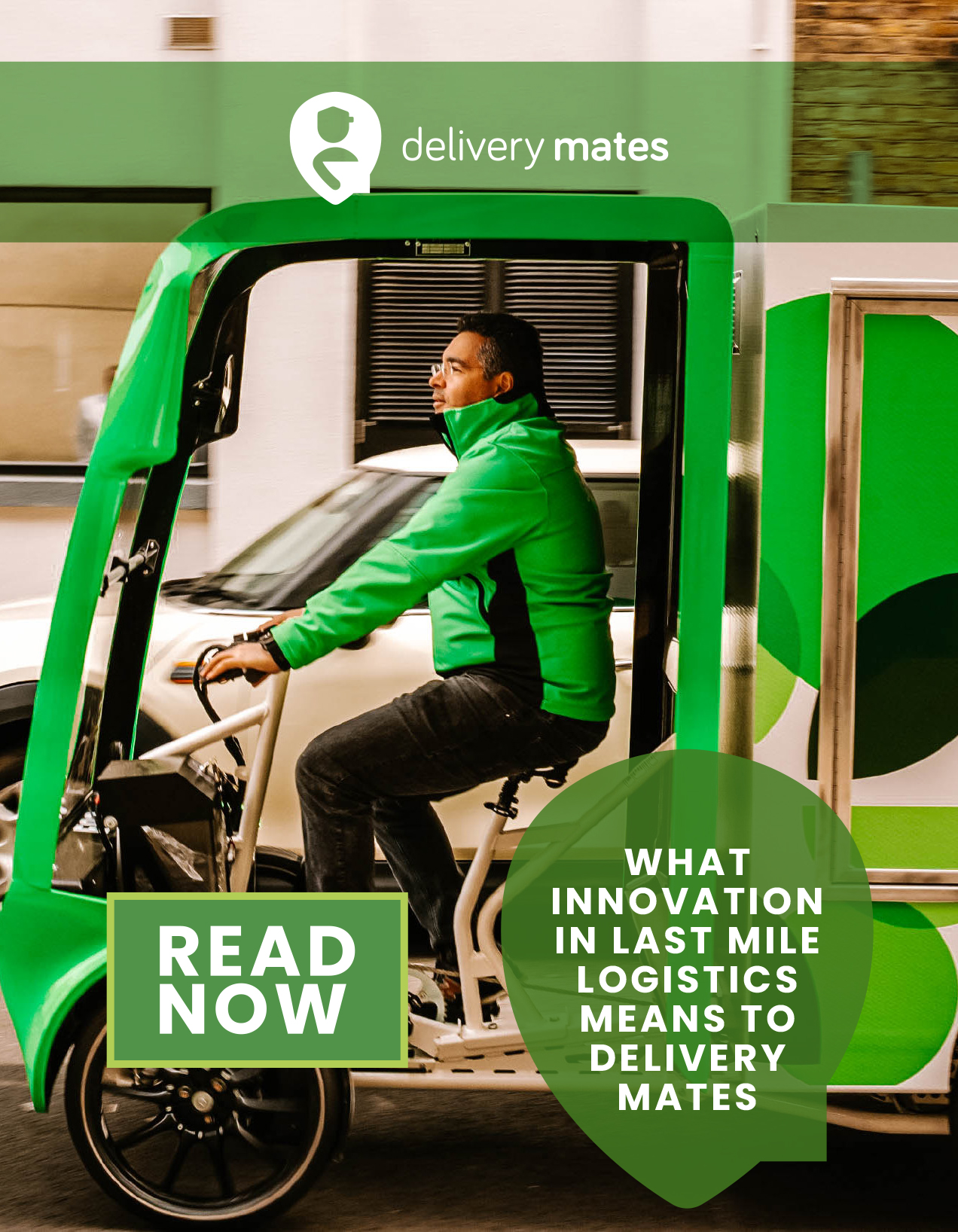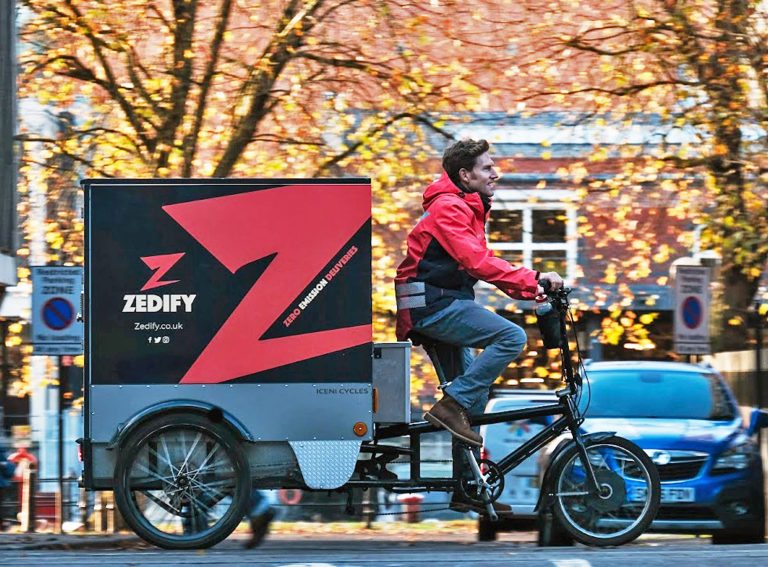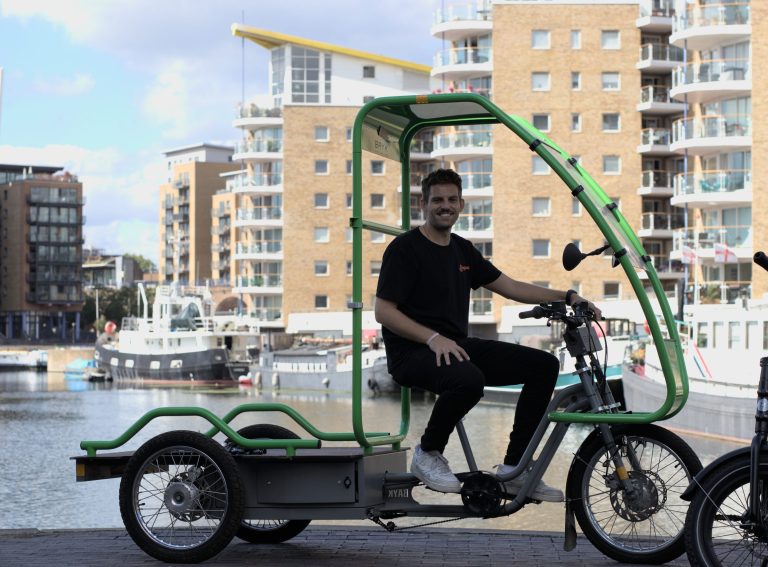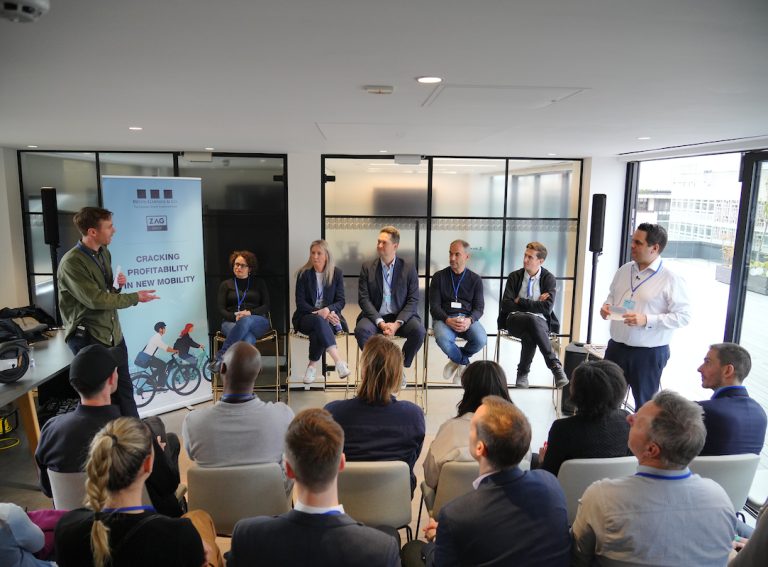Shared electric scooter services have only been operating on UK public streets for a few weeks. While their operators will have already gathered a great deal of local experience, there’s even more to learn from an older form of micromobility: dockless bike-share.
Bike-share in the UK actually goes way back to 2002, when pioneering taxi driver Bernie Hanning placed bikes with locks attached to racks in Hammersmith, with a phone number to call to release them.
Fifteen years later, dockless bike-share – that is, a system which doesn’t require locking a bike to a rack, allowing for easier and quicker deployment – launched with a bang in London. In 2017, oBike caught everyone by surprise by dropping 1,500 bright yellow bikes in clusters throughout the city. This did not go down well with local authorities, who promptly confiscated the fleet. Next came yellow ofo bikes and orange Mobikes, which are also now gone.
Another dockless fleet, Yobike in Bristol, also launched in 2017, to more lasting success. In 2019, it was the turn of American giants Jump and Lime, along with smaller players Beryl (which has gone on to be successful in many UK cities such as Norwich and Bournemouth), Freebike in London, and Hourbike in Derby.
Established dock-based bike-share operators also experimented. Edinburgh’s fleet was partially free of physical docks for a while, and Glasgow and Cardiff converted their systems to allow out-of-dock finishes for a fee.
What this means is that bike-share providers, and friendly councils and city halls, have plenty of prior UK-specific knowledge they could share to make shared e-scooters a success. Here’s our top 10 lessons that can transfer from bike-share to scooter-share.
1: Adapt your vehicles for the local market
A major problem with the Mobike fleets in London and Manchester was that the bikes were far too small for the average European build, having been originally intended for domestic use in China. They were almost impossible to ride if you were a six-footer, even with the saddle at the highest setting.
Obviously, this specific problem isn’t an issue for e-scooters, which have no seats, but stem heights and board widths should be considered. There are other UK-specific factors. It rains a lot here, for example. Our roads are often poorly surfaced. These could affect design choices such as wheel diameter, suspension type and tyre type.
Offer a scooter that has the features that the UK wants, even if it costs a bit more to customise. Otherwise users will be frustrated and not return.
2: Vandalism will be a problem (be prepared)
Mobike’s Manchester attrition (read: malicious destruction) rate was reported at 10% per month. Some data from London suggested the problem was even worse there.
This level of vandalism quickly becomes unsustainable. The pragmatic truth is that you need chunky locks, hidden cables and unscrewable parts here in the UK.
Operators also need to deal with vandalised e-scooters quickly. This was a major problem with ofo, Mobike and oBike in London in particular. So many social media photos highlighted various sad-looking, damaged bikes, just a few months into deployment. This is not how you want your product or brand to be perceived!
Worse, stolen vehicles can go on to be used in committing crimes. Unfortunate news stories have resulted for Santander Cycles, Mobike and Yobike, to name but three. Not all publicity is good publicity.
3: Don’t expect the police to act as your security guards
In Sheffield, ofo suffered badly from vandalism. The police announced on social media that it was not their job to protect the bikes from vandals or remove damaged ones from the public highway. The police are overworked as it is, so e-scooter operators must make sure they have enough personnel – expensive as this is – to respond quickly to fix issues such as bad parking and vandalised scooters.
4: Don’t blame the city if it all goes wrong
When Mobike pulled out of Manchester and Newcastle, the company publicly blamed vandals. That may have been true, but people are proud of their cities: winning hearts won’t be done with public mud-slinging. The real problem was that Mobike didn’t make its vehicle vandal-proof enough or useful enough!
5: Don’t chop and change your operating area without consultation
Mobike’s Manchester operating area changed frequently and seemingly arbitrarily. Lime’s bike-share area also has changed in London a few times, with the winter area much smaller than the summer one. Don’t do this without checking with the users and council and give plenty of notice. Give fair warning if you are putting up the prices, too.
People will want to use these services as alternatives to commuting and other regular trips. They can’t do that if the rug gets pulled from under their wheels and the scooters keep disappearing. They will certainly also be nervous about taking out longer-term subscriptions to the service, which becomes lose-lose for everyone involved.
6: Councils and operators need to work together
Councils, inexperienced with the transport type, can have unrealistic expectations (particularly as they aren’t paying for it). Operators, work to educate them. Don’t ignore them. For example, they may be able to support deployment in disadvantaged neighbourhoods where your transport mode might have a real social benefit, even if not initially profitable there.
The “forgiveness is better than permission” approach didn’t work out for oBike and the confiscation of bikes damaged the nascent industry in this country.
7: Be nice to your users: be careful with penalties…
This is all new technology to British users and the concept of geofences will take some getting used to. Be lenient if your user parks just outside a permitted area or allow for GPS errors – give them the option of correcting the problem themselves. No one wants an unexpected penalty. Where you do need to penalise users, have a good, effective appeals process.
8: …but police your users properly, to support the wider community
While encouraging repeat use is the lifeblood of shared mobility operators, if they don’t teach (and enforce) good parking practices, the community will turn on scooters and their riders very quickly.
Many e-scooter operators require a photo at the end of a ride to check the scooter is parked correctly and have tech to alert the fleet managers if scooters have fallen over. Taking time to properly assess which areas should be geofenced to prevent powered access is also critical.
9: Open up your data and avoid silos
Transparency and accountability is important, particularly as operators are using public spaces to store e-scooters (ie on pavements). This requires publicly-accessible availability data that is not siloed by operators within their own apps or dashboards.
Open data means that services can be more easily linked with public transport to help end-to-end journey planning. It also means data analysts and journalists can more effectively communicate the success of scooter sharing.
Almost all dock-based bike-share services do this already, which is why many of them appear in Google Maps now.
10: Ignore the doubters. Persevere!
Bike-share lessons point the way but it’s up to e-scooter operators and councils to walk the walk – and up to local and central government to assess the trials free from the deafening bias of the motoring lobby. This includes not shutting down trials prematurely.
If you have a good scooter and enough bodies on the ground to manage the fleet, success should follow. If operators are allowed time and space to apply their expertise, if councils are proactive in collaborating, and if citizens are trusted to learn how and where to operate scooters without being bashed by a police truncheon for every mistake, e-scooter sharing systems will flourish and they will help our towns and cities transition to a low-carbon future. Build it and they will come.

